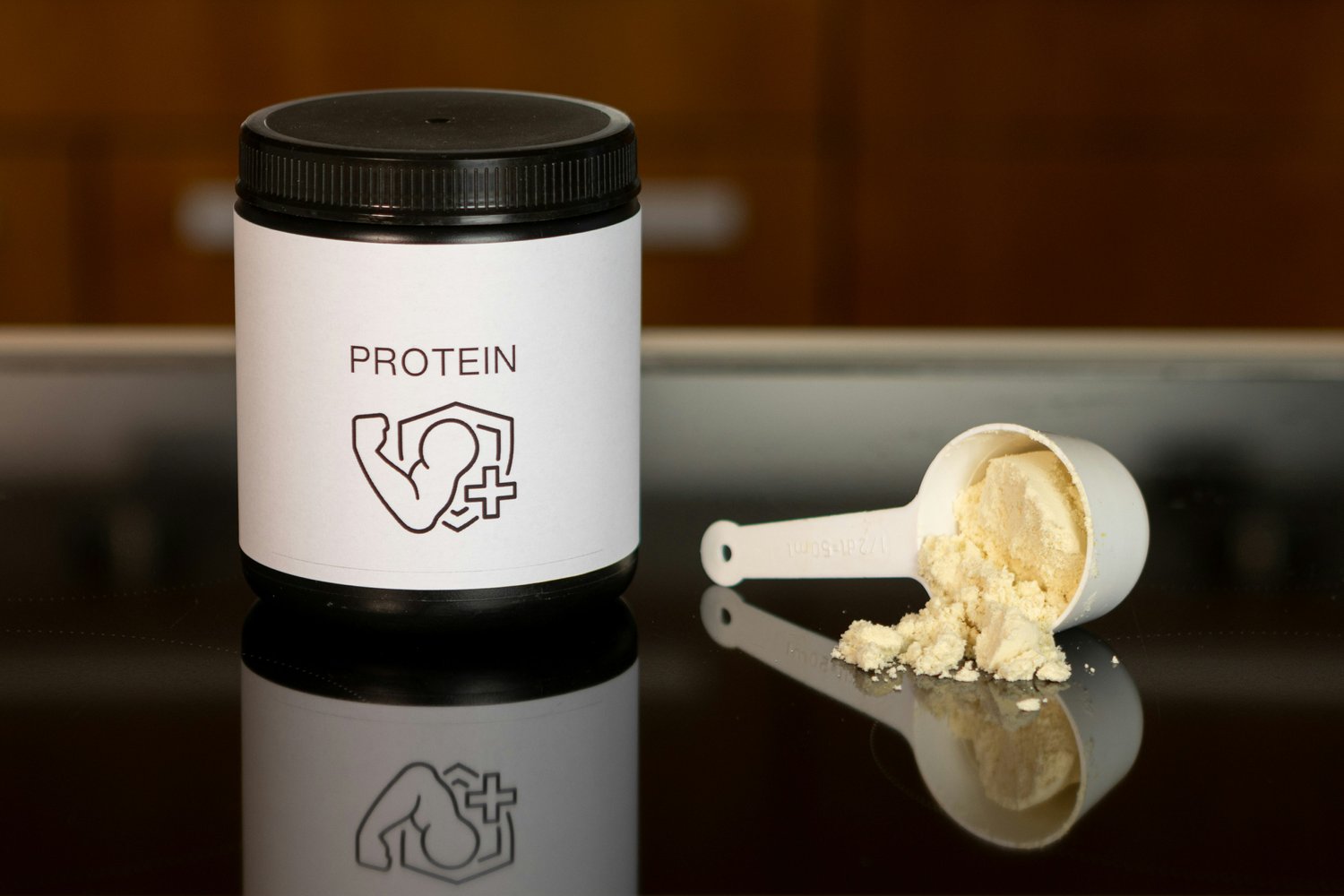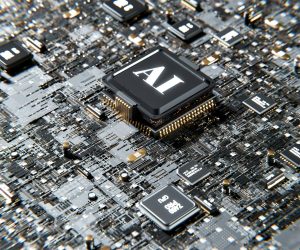Image: https://unsplash.com/photos/a-container-of-protein-powder-next-to-a-spoon-4CzpHxVzTFA
Both animals and plants are protein-enriched, but animal-sourced protein is generally more potent for muscle building. It offers all the essential amino acids for tissue growth. Contrarily, plant sources are usually deficient in one or more amino acids. Apart from this limitation, a vegetarian diet has numerous benefits, including optimal weight management and a lower risk of chronic diseases.
How to get protein on a vegan diet is the basic concern among vegans and vegetarians. The good news is that you can get all the essential amino acids with plant-based diet protein, including vegan capsules, by planning meal portions wisely. Here, we will highlight a complete plant protein list that you can consider to meet the body’s nutritional requirements.
List of Plant-Based Protein Foods
Let’s have a look at high-protein vegan foods that are beneficial, like meat or fish:
1. Cereals
In the world, cereals like wheat, rice, and barley are the primary source of food in both developed and developing countries. They are widely consumed plant-based proteins due to their easy access and affordability.
However, most of the protein that we get through cereal is deficient in tryptophan, lysine, and threonine amino acids. So, you should not restrict yourself to any particular type. Moreover, some cereals are better in terms of protein content than others. For example, quinoa and buckwheat are top choices for getting all types of amino acids.
2. Legumes
Different legumes, such as soybeans, common beans, and peas, are vegan protein sources. They are a primary source of protein in many developing countries due to their cost-effectiveness. However, they provide minimal sulfur-containing amino acids. You need to combine them with other protein sources like cereals, seeds, and nuts to meet this deficiency.
3. Nuts
Different nuts, like peanuts, cashews, walnuts, etc., are all plant-based protein sources, but they differ in terms of amino acids. Pequi almonds and cashew nuts are good sources of sulfur-containing amino acids. However, they lack lysine, an amino acid. You should consume a mixture of nuts to avoid any nutritional deficiencies.
If you want to pick a complete protein, go for pistachio nuts, as they contain all nine essential amino acids. They also offer an excessive number of vitamins and various minerals, such as potassium, magnesium, and calcium.
4. Fruits and Vegetables
Vegetables offer protein containing different amino acids, but in small amounts, and they also vary in terms of protein content. Some of the protein-dense options are green peas, spinach, artichokes, mushrooms, etc.
Likewise, fruits contain a low content of protein, around 2 grams per serving. However, guava, avocado, jackfruit, kiwi, apricots, and raspberries are good additions to the diet for their rich protein content. Considering significant portions of vegetables and fruits in daily meals gives you essential minerals, vitamins, and fibers with multiple health benefits.
5. Seeds
Hemp, chia, pumpkin, flax, and sesame seeds are all protein sources. However, each one is different in terms of protein content. If you aim for complete protein, then consider chia or hemp seeds. Otherwise, you may consume sesame, sunflower, or other seeds and combine them with cereals and legumes to get all the amino acids.
Bottom Line
Dietary proteins are essential for optimal development and smooth body functioning. Among different sources, plant-based foods are dominating in terms of easy access, low cost, and sustainability. Whether you’re a vegetarian or not, adding vegan muscle-building foods to your diet can reduce the risk of diabetes or heart problems.
As plants do not offer complete proteins like meat, consider a wide range of options to compensate for any amino acid deficiency. Along with a diet, you may consider supplements containing vitamin B12, vitamin D, zinc, and calcium, which are typically found in animal-based foods.



